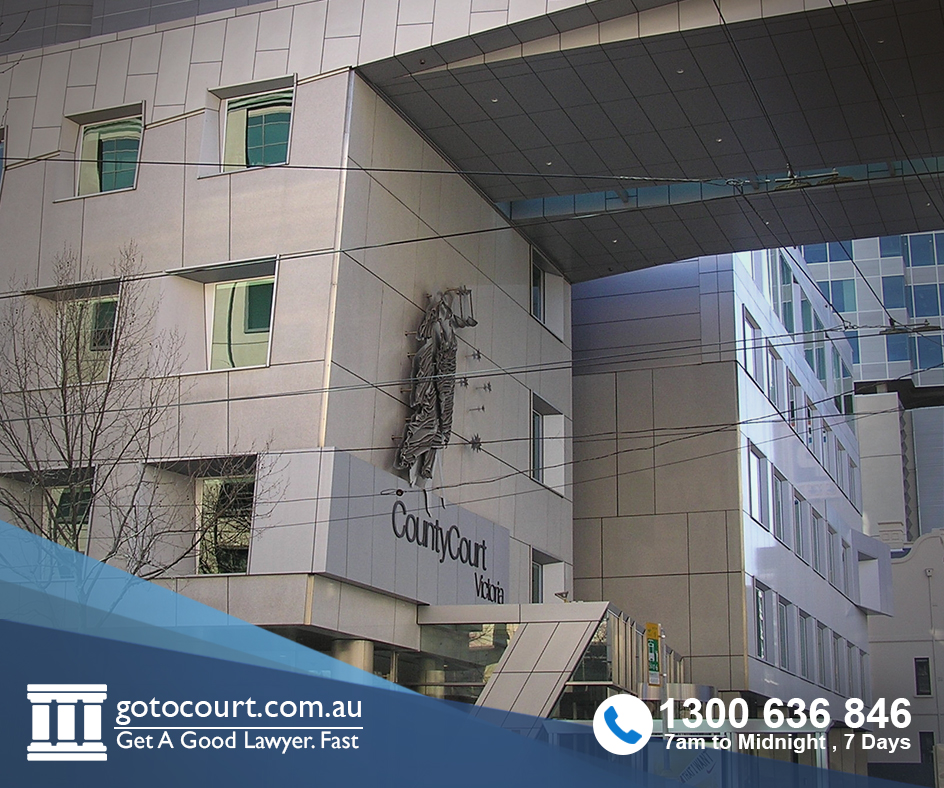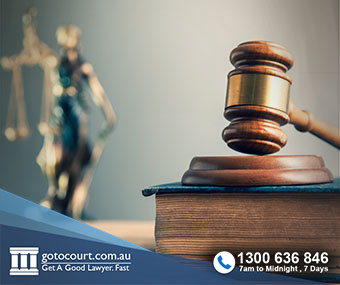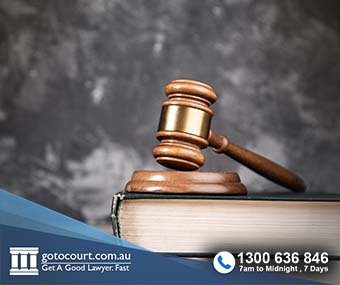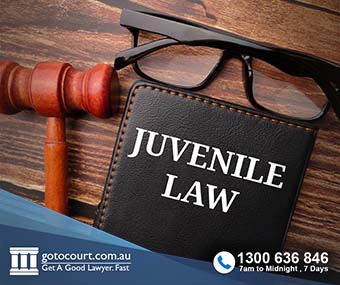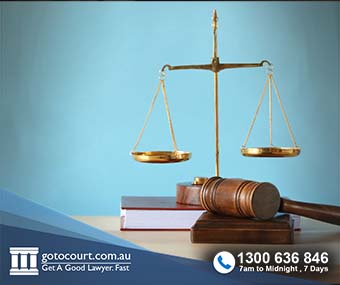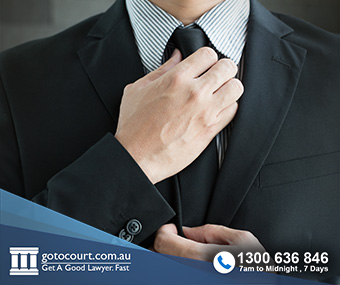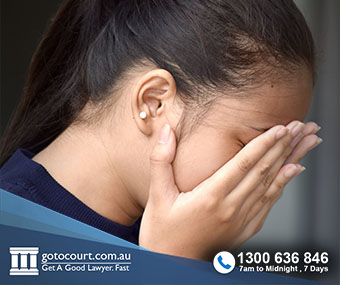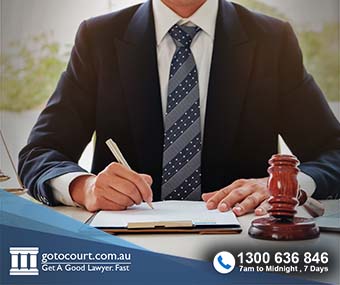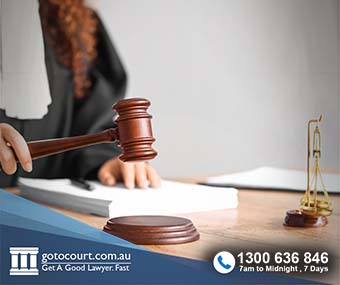Call our lawyers
now
or,
have our lawyers
call you
Jury Selection Bias (NT)
Updated on Oct 06, 2022 • 5 min read • 387 views • Copy Link
Jury Selection Bias (NT)
In the Northern Territory, a defendant charged with a serious criminal offence (known as an “indictable offence”) is tried by a judge and jury in the Supreme Court. The premise of a jury trial is that an accused is judged by a random selection of their peers, and therefore held to the standards of the “conscience” of their own community. However, in Australia, there is no right to a truly representative jury, and an accused may not view the jurors as their peers. This has led to calls for law reform in this area. In particular, there have been recent questions on how the Northern Territory jury system can better incorporate Indigenous perspectives. This article explains jury selection bias and the impact of indigenous underrepresentation on juries in the Northern Territory.
Selection of juries in the Northern Territory
In the Northern Territory, the Juries Act 1963 governs the selection and administration of juries. Jurors are randomly selected from the electoral roll in Darwin and Alice Springs and subject to a selection process known as empanelling. During this process, both the prosecution and the defence can object to a certain number of jurors, either for specific reasons or for no reason.
Every registered voter in the Northern Territory is liable for jury service unless they are ineligible or exempt. A person is ineligible if they are:
- illiterate or has a limited command of English;
- a person who claims an exemption on the basis that they are over 65, blind, deaf, mute or incapacitated by infirmity or disease;
- a lawyer, judge or judge’s spouse, the NT Administrator or Official Secretary, members of the Legislative Assembly, the Ombudsman, religious ministers, practising medical practitioners and dentists, police officers, Department of Justice employees, Director of Public Prosecutions employees, or anyone employed under the Prisons (Correctional Services Act) 1980;
- in prison, on parole, has received a suspended sentence and is on a good behaviour bond, sentenced to imprisonment for a criminal offence in Australia or another prescribed country, or has been imprisoned within the last seven years; or
- of unsound mind, hospitalised, or a protected person under the Aged and Infirm Persons’ Property Act 1979 or undergoing treatment under the Mental Health and Related Services Act 1979 (NT).
Additionally, a person may be excused from jury service if they have served in the past three years or have another good reason.
Under-representation of Aboriginal people
Ideally, for a jury to truly act as the “conscience” of the accused, it should be representative of the accused’s local community. As approximately a quarter of the Northern Territory population identifies as an Australian Aboriginal, this would mean that every criminal trial jury has at least three Aboriginal jurors. However, it is rare for an Aboriginal Australian to sit on a jury in the Northern Territory. This is particularly concerning in light of the high number of Aboriginal Australians who are convicted by juries: more than 80% of the prison population in the Northern Territory identify as indigenous.
There is a range of reasons why Aboriginal people are under-represented on Northern Territory juries. Many Aboriginal people in the Northern Territory do not reside in the jury districts around the courthouse, some speak languages other than English, and others are disqualified because of their criminal history. From a practical point of view, some Aboriginal people may not even receive their jury summons. For instance, more than a third of Aboriginal people in Alice Springs live in town camps where Australia Post does not deliver mail, so they only receive their jury summons if they collect the mail from the local Council.
Calls to increase representation
The Australian Law Reform Commission highlighted the negative effects of the underrepresentation of indigenous people on juries in the 1986 report: the Recognition of Aboriginal Customary Laws Report 31. The problem had not improved by 2013, when the Northern Territory Law Reform Committee explicitly recommended a targeted increase in the number of Indigenous Territorians on juries. The Report on the Review of the Juries Act 2013 made a series of practical recommendations to reach this goal. The Report recommended amendments to the jury summons process, expansion of the catchment pool and jury district area, provision of transport and accommodation to potential jurors, and reduction of disqualifications due to criminal history. The Report further recommended changes to the language prerequisites, the ability to challenge particular jurors, and advised that the trial judge should be able to discharge a jury if the jury composition makes the trial appear unfair.
Response of courts
Under Australian law, there is no concept that a trial is only fair when the jury includes members of the accused’s own race. This principle was confirmed in England quite recently by the English Court of Appeal in R v Smith [2003]. Of course, Australian courts have the option to deviate from the English example, but to date, there has been no movement towards recognising a right to a representative jury in any Australian jurisdiction. For instance, in Woods & Williams v The Queen (2010), two Aboriginal defendants applied for a change of venue to Darwin to reduce the potential for racial prejudice amongst their jury. Justice Blokland rejected the application and found that an accused in the Northern Territory is entitled to a trial by an “impartial and independent jury” but not to a representative jury.
A more recent Supreme Court trial reignited a push for Northern Territory law reform. In that case, Constable Rolfe was acquitted of the murder of Aboriginal man Kumanjayi Walker, who died in custody in 2019. After the verdict, the victim’s family released a statement saying the criminal justice system only saw the case through kardiya (non-indigenous) eyes. The family argued that having Indigenous jurors would have meant that someone in the deliberation room could explain the perspective of members of the Aboriginal community.
Go To Court Lawyers can provide further advice on trial by jury cases in the Northern Territory, applications to change venue, and all other relevant matters. Please contact our team on 1300 636 846.

Affordable Lawyers
Our Go To Court Lawyers will assist you in all areas of law. We specialise in providing legal advice urgently – at the time when you need it most. If you need a lawyer right now, today, we can help you – no matter where you are in Australia.How It Works







1. You speak directly to a lawyer
When you call the Go To Court Legal Hotline, you will be connected directly to a lawyer, every time.


2. Get your legal situation assessed
We determine the best way forward in your legal matter, free of charge. If you want to go ahead and book a face-to-face appointment, we will connect you with a specialist in your local area.


3. We arrange everything as needed
If you want to go ahead and book a fact-to-face appointment, we will connect you with a specialist in your local area no matter where you are and even at very short notice.



